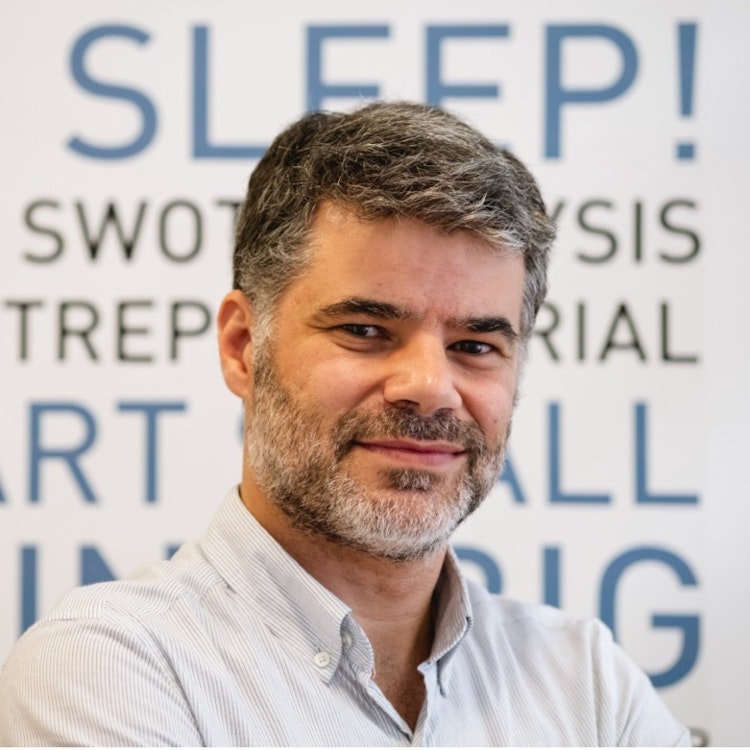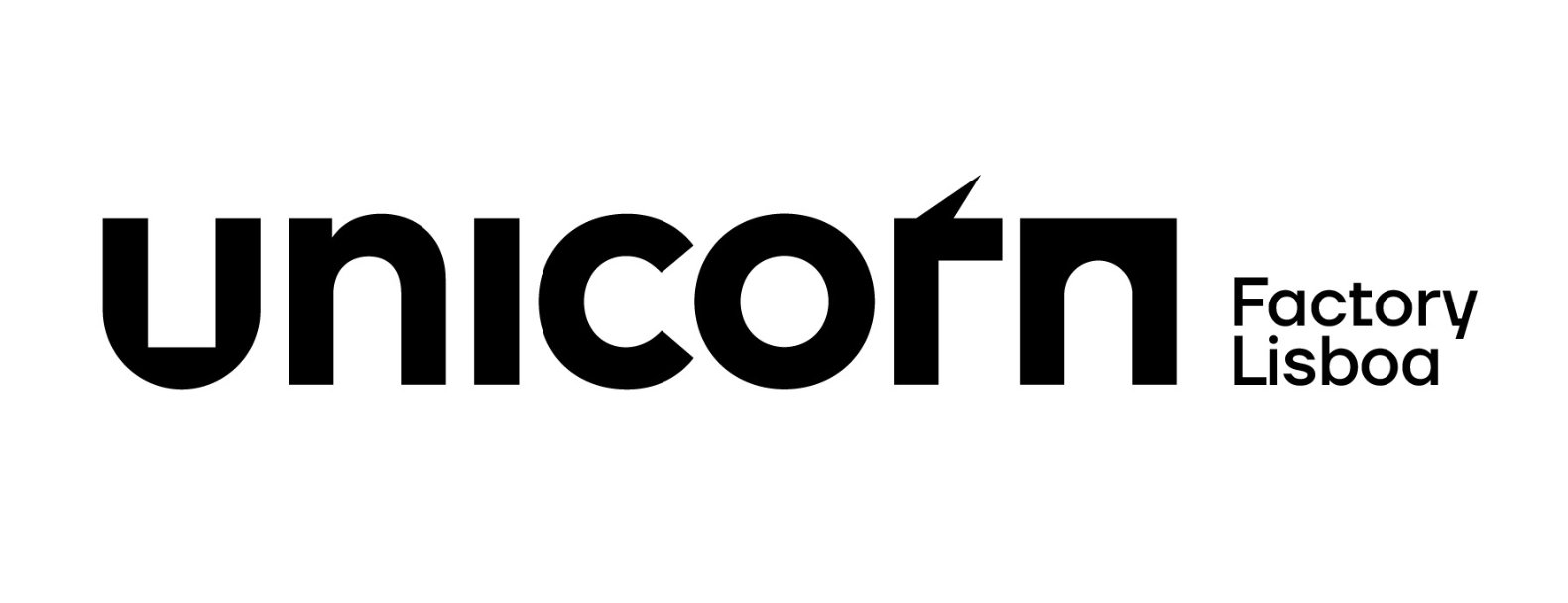Cody Candee is used to moving around. The American entrepreneur grew up in Chicago and Wisconsin, before bouncing between San Francisco, Bangalore, London and San Diego for work.
But it was worth it. The experience provided the lightbulb moment for his luggage storage platform Bounce, which he cofounded in 2019. And just one year later, he moved Bounce’s headquarters — and the majority of its 45-strong team — from Silicon Valley to Lisbon.
“We kept hearing about Lisbon over and over again,” he says. “Everyone was talking about how great (yet untapped) the talent was there.”
Fast forward almost four years, and it’s proven to be the right move. Bounce raised $12m at Series A in 2022, and now has more than 12k storefront locations in 2.5k cities, serving millions of customers.
Europe is its biggest market, and Lisbon has proven an excellent base. There are direct flights to San Francisco (where Bounce’s investors are) and the time difference is an hour better than Berlin or Paris.
Above all, Candee says, he’s been able to hire — and relocate — some exceptional people: “Here, we have been able to recruit a tonne of really amazing colleagues across functions — engineering, growth, design, product, and data.”
But what is the state of Lisbon’s startup ecosystem today?
An evolution
Lisbon hasn’t always been a tech powerhouse, but its profile has been raised over the last decade.
Apart from the 300 days of sunshine every year and relatively low cost of living, the city has a young population with a high proportion of STEM graduates from world-leading universities.
Conferences such as the annual Web Summit, which relocated to Lisbon in 2016, have also helped promote the city on the world stage — and investment in the startup scene has grown by 30% every year since 2016.
Everyone was talking about how great (yet untapped) the talent was there.
As a country, Portugal has produced more unicorns than Spain, Italy and Greece combined, with names such as Sword Health, Talkdesk, OutSystems and Anchorage Digital lubricating the flywheel.
It’s an evolution Marcelo Lebre has seen first-hand. He grew up in a small village near Aveiro, on the west coast of Portugal, but moved to Lisbon in 2012.
In 2019, he cofounded Remote, a global HR platform that now employs 1,600 people worldwide and has been valued at $3bn.
“The local culture and business environment were more conservative and risk-averse making it difficult for startups to gain traction,” he says about his experience a decade ago. “Since then there has been a cultural shift towards embracing entrepreneurship and innovation.
“That, as well as support from the Portuguese government, improved access to capital, establishment of incubators and accelerators, and high-profile success stories, all contribute to the growth of a vibrant and supportive community.”
Supporting startups
In 2023, Lisbon was named the European Capital of Innovation by the European Commission for the first time, an accolade that comes with a cash injection of €1million. It’s an achievement that’s mostly down to initiatives such as the Unicorn Factory Lisboa, which works with entrepreneurs to start and scale their companies.
Lisbon has the advantage of having a very welcoming environment, so it’s very easy for new startups to connect and be part of the ecosystem.
The programmes span five areas — early-stage incubation, scaling up, youth entrepreneurship, specialised verticals such as green tech, gaming and AI, and the soft landing programme, which helps international founders move to the city. The team supports more than 250 startups each year.
The project is a flagship initiative of Carlos Moedas, who was elected mayor of Lisbon in 2021. Previously, Moedas had been the European commissioner for research, science and innovation.
“It’s been transformative for the city,” Gil Azevedo, executive director of the Unicorn Factory Lisboa, says. “Lisbon has the advantage of having a very welcoming environment, so it’s very easy for new startups to connect and be part of the ecosystem.”
As well as helping founders jump to the next level with access to mentorship opportunities, Unicorn Factory is also able to connect them to international corporate partners.
In 2023, the team announced they would be launching a new gaming hub in partnership with Fortis, and has plans to build an AI Innovation Factory with Microsoft and Google. Other strategic partners include PWC, BPI Bank, the multinational energy corporation, Galp and leading law firm, Cuatrecasas. The Portuguese startup Sensei, which participated in the Unicorn Factory's scaling-up programme, for example, partnered with Galp to trial Europe’s first automated convenience store at a petrol station.
Ana Casaca, global head of innovation at Galp, has been working with the Unicorn Factory for two years. One of the benefits of being a relatively small city, she says, is that the regulator is open to working with businesses to pilot new technologies.
“It’s quite easy for startups to test solutions,” she says. “What we’re doing is proving we need to change the regulation to have new types of business models.”
Still growing
Despite Lisbon’s success, there are still friction points. When he arrived, Candee applied for the startup visa, which is targeted at foreign entrepreneurs.
“It was supposed to take 40 days but it took two years and I still didn’t get it,” he says. “There's a lot of things that can be done to make relocation a lot easier, which would mean we could bring jobs here more quickly.”
Europe is lagging behind the US in a number of areas in terms of innovation. If we can work together as a whole, then we can create an network of European ecosystem that can compete with the US.
Access to capital can also be limited, although it’s getting better. “I prioritise all of my fundraising efforts in Silicon Valley, but Lisbon’s Shilling VC and Semapa Next are really solid,” he adds.
While Lisbon’s size may pose some challenges, Azevedo from Unicorn Factory believes success will come from focusing on a few core sectors, such as gaming, AI and green technologies.
“We are choosing high growth sectors, where we believe there is critical mass in Portugal in terms of talent, investment, and startups and corporates,” he says.
The city can also boost its size by collaborating with other cities to create a network of ecosystems. The Clean Future accelerator programme, for example, is a Pan-European initiative, in collaboration between Lisbon, Helsinki, San Sebastian and Marseille.
“Europe is lagging behind the US in a number of areas in terms of innovation. If we can work together as a whole, then we can create a network of European ecosystem that can compete with the US,” says Azevedo.
Remote’s Lebre recently took part in the Unicorn Factory’s scaling-up programme as a mentor and says he’s grateful for the opportunity to give back. He believes the most noticeable change in Lisbon’s tech sector over the past decade, is that it now believes in its potential.
“Nowadays founders and investors can no longer not consider Lisbon, whether as a headquarters, as a source of great local talent, or for new investment opportunities,” he says. “It’s definitely a different place to when I moved to the city.”





